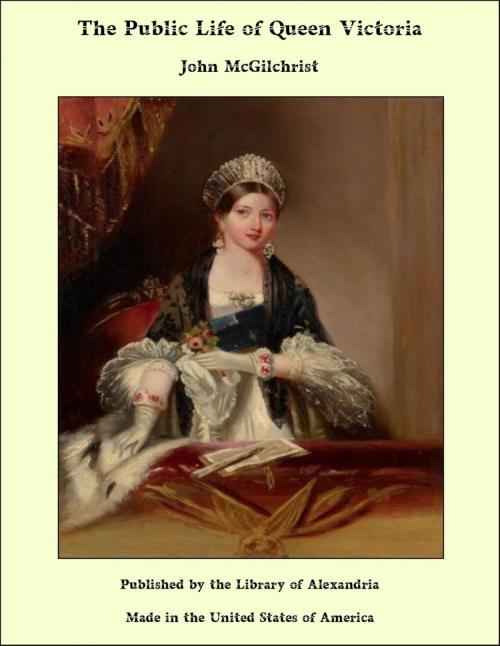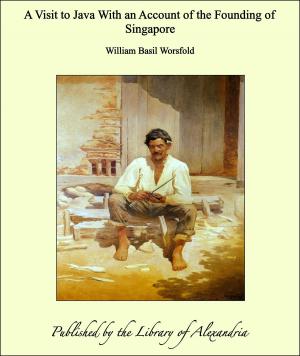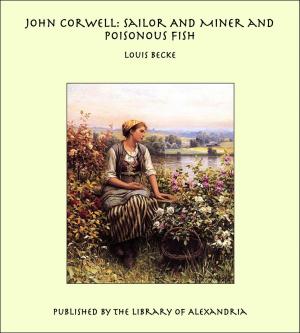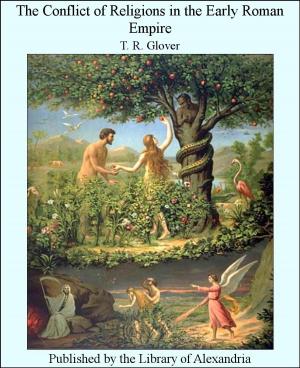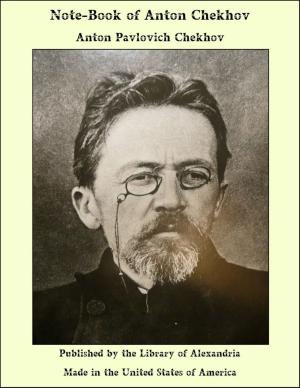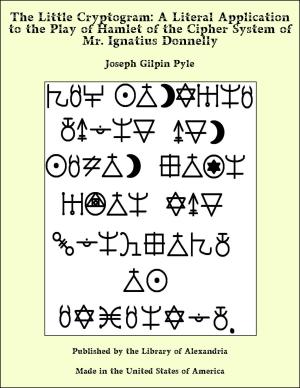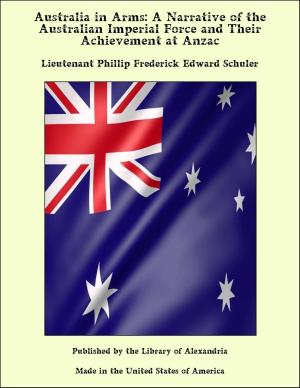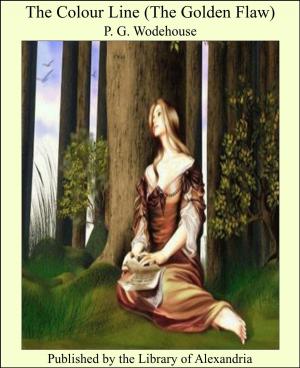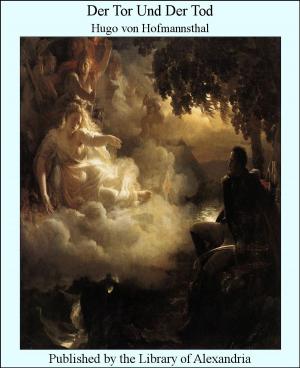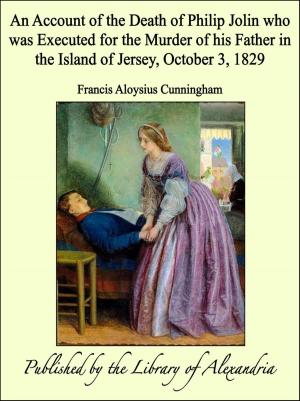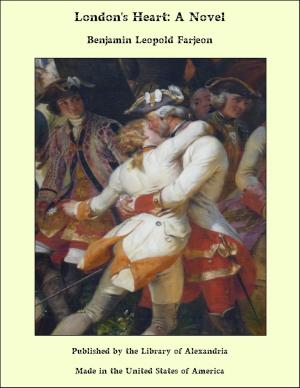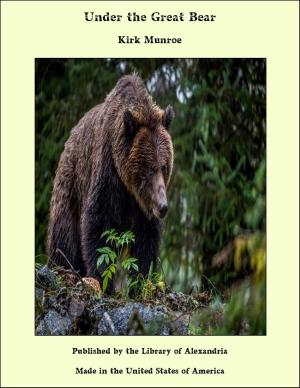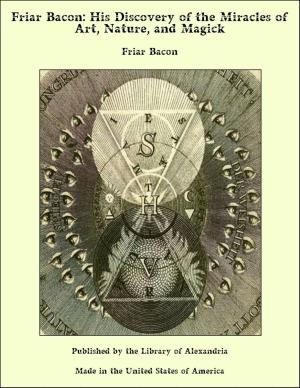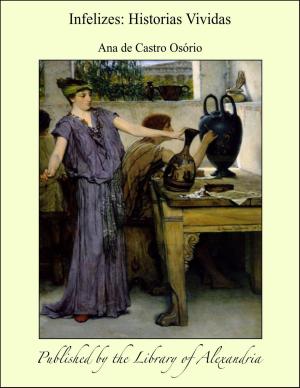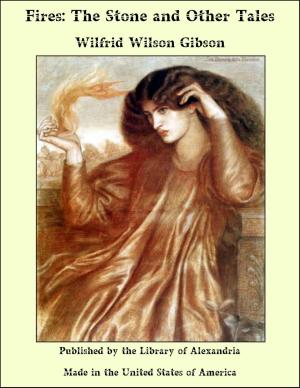The Public Life of Queen Victoria
Nonfiction, Religion & Spirituality, New Age, History, Fiction & Literature| Author: | John McGilchrist | ISBN: | 9781465613561 |
| Publisher: | Library of Alexandria | Publication: | March 8, 2015 |
| Imprint: | Language: | English |
| Author: | John McGilchrist |
| ISBN: | 9781465613561 |
| Publisher: | Library of Alexandria |
| Publication: | March 8, 2015 |
| Imprint: | |
| Language: | English |
Queen Victoria is, through her mother, descended—and her children are descended by the double line of both their parents—from the great, good, and glorious Frederick the Wise, Elector of Saxony early in the sixteenth century, who was one of the first to embrace the principles of Luther’s Reformation, and whose name still stands out so nobly and brightly as the staunch and courageous protector of the great Reformer. The Ernestine branch of this great Saxon house, from which the Queen and the Prince Consort both derived their descent, have ever, though at great cost and injury to themselves at many periods of their history, remained true to the principles thus early adopted by their common ancestor; and they have ever considered it as the brightest glory of their race, that they can proudly point to this unquestionable fact. When one of the most distinguished members—if, indeed, he was not the most illustrious scion—of this family, the Queen’s maternal uncle, Leopold, King of the Belgians, made a journey into Scotland, to allay the pangs of the bereavement which he had suffered in the untimely death of his young wife, the Princess Charlotte, he paid a visit of a few days’ duration to Sir Walter Scott at Abbotsford. While there, an aged and reverend Scottish divine was presented to the Prince. The clergyman, in the course of the interview, made complimentary reference to this fact in the descent of the Prince. Prince Leopold, in reply, stated that this was the first notice which had been taken of the circumstance in his presence since the day of his first arrival in England, and that he felt more honoured by it than by any other tribute which had been paid to him and his family.
Queen Victoria is, through her mother, descended—and her children are descended by the double line of both their parents—from the great, good, and glorious Frederick the Wise, Elector of Saxony early in the sixteenth century, who was one of the first to embrace the principles of Luther’s Reformation, and whose name still stands out so nobly and brightly as the staunch and courageous protector of the great Reformer. The Ernestine branch of this great Saxon house, from which the Queen and the Prince Consort both derived their descent, have ever, though at great cost and injury to themselves at many periods of their history, remained true to the principles thus early adopted by their common ancestor; and they have ever considered it as the brightest glory of their race, that they can proudly point to this unquestionable fact. When one of the most distinguished members—if, indeed, he was not the most illustrious scion—of this family, the Queen’s maternal uncle, Leopold, King of the Belgians, made a journey into Scotland, to allay the pangs of the bereavement which he had suffered in the untimely death of his young wife, the Princess Charlotte, he paid a visit of a few days’ duration to Sir Walter Scott at Abbotsford. While there, an aged and reverend Scottish divine was presented to the Prince. The clergyman, in the course of the interview, made complimentary reference to this fact in the descent of the Prince. Prince Leopold, in reply, stated that this was the first notice which had been taken of the circumstance in his presence since the day of his first arrival in England, and that he felt more honoured by it than by any other tribute which had been paid to him and his family.
